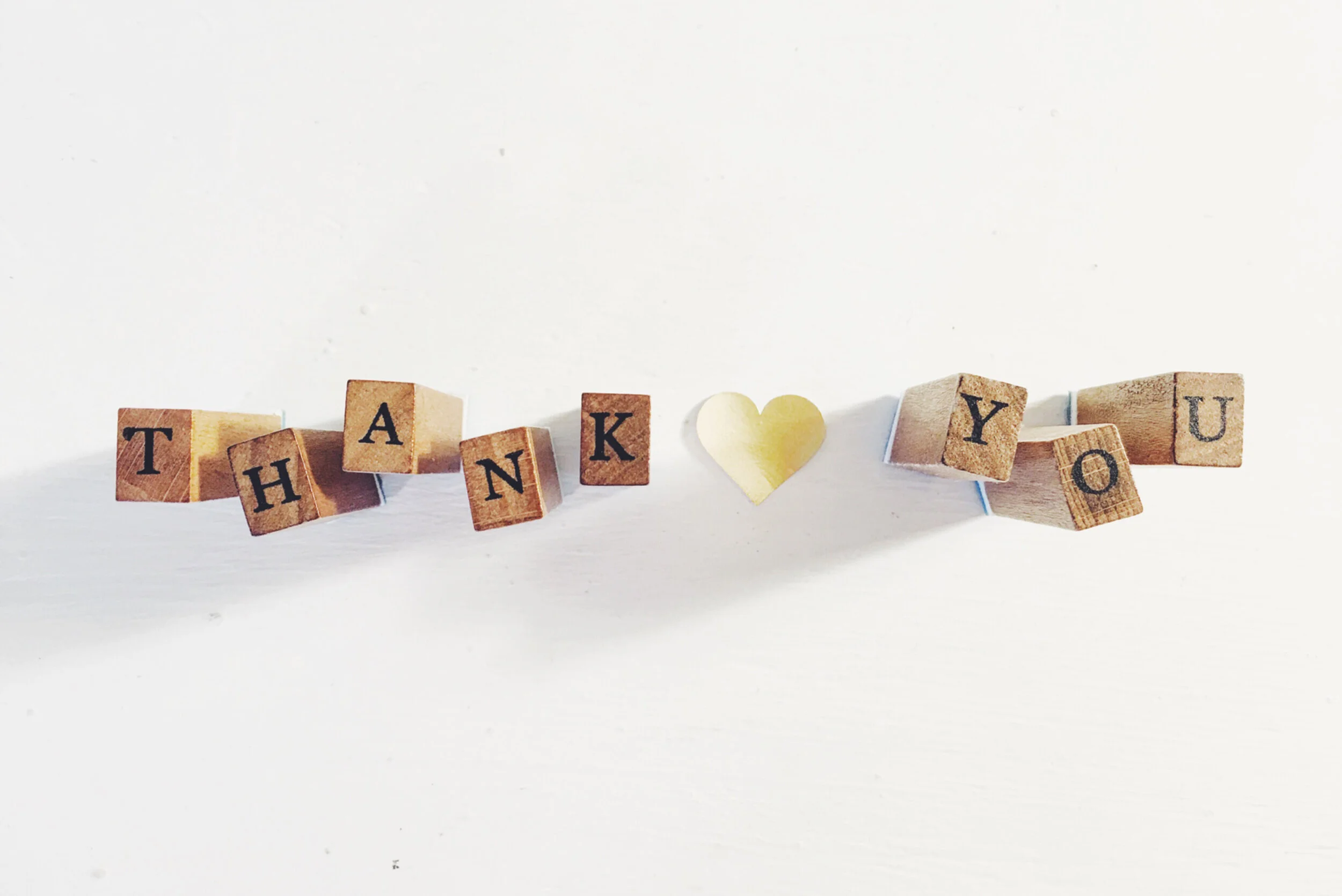4 Tips from Cognitive Behavioral Therapy to Help Your Toddler Learn About Gratitude
This is the second in a 2-part series on gratitude. For Part 1, click here.
Toddlers aren’t exactly known for their gratitude. 2-, 3-, and 4-year-olds are naturally egocentric: they are really focused on their own feelings, and aren’t aware that other people might have a different point of view. When we describe an adult as being egocentric, it’s usually an insult, but for toddlers and preschoolers, egocentrism is a totally normal and healthy part of child development. Not being able to take another person’s perspective makes it hard for toddlers to really appreciate what others do for them. However, there are things that parents can do to help plant the seeds of gratitude for very young children. In this post, I’ll share 4 tips inspired by cognitive behavioral therapy to teach your toddler or preschooler about manners and gratitude.
Be a Good Role Model
Little kids learn by observing the grown-ups around them. Whenever we’re playing or interacting with a toddler or preschooler, they’re watching us intently to see what we do and how we react to things. If you have a toddler or preschooler in your house, you know that they love to mimic what their mom or dad does. Toddlers love their parents, and want to be just like them! You can use this power for good by making sure that you consistently model the grateful, polite behavior you’d like to see in your toddler or preschool child.
Make sure you’re demonstrating how to use polite words like “please” and “thank you” to encourage your child to do the same. When you ask your child to do something, phrasing it in a polite way makes it more likely your child will listen, and also models for them how to ask you questions in the future. During play, show your child how to treat toys gently and respectfully, which includes picking up at the end of playtime.
You can also teach your toddler gratitude by making sure you voice your own appreciation out loud, letting your child know the things you are grateful for. If you’ve received a gift, describe what makes it so thoughtful. If your child has done something kind, be enthusiastic in showing your appreciation. Pointing out everyday moments that you feel grateful gives your children a model for how to do it, too.
Catch Your Toddler Being Good to Encourage Gratitude
In cognitive behavioral therapy, we sometimes talk about “catching a child being good.” Nobody would ever compliment an adult for sitting patiently, saying “please”, or using good manners: good behavior is expected as par for the course with adults. It’s easy to forget that young children are still figuring out what good behavior is, and by taking their good behavior for granted, we aren’t helping them learn what kind of behavior we want to see.
Whenever you see your toddler or preschooler saying “thank you”, treating toys respectfully, or showing appreciation, make sure to praise them! Calling out good behavior, rather than simply reprimanding bad behavior, helps kids learn what we want them to do, as opposed to simply what we don’t want. Praise makes kids feel good about themselves and more connected to the adults around them, which means they’ll be more likely to repeat the behavior that was just praised. Catching toddlers being good not only teaches them about good behavior, it makes it more likely that the good behavior will occur again.
Encourage Your Child to “Help”
Since we know toddlers and preschoolers love to mimic their parents, recruiting young children to help out with household chores can also help lay the groundwork for developing gratitude. Young children are often eager to “help” their parents with chores like sweeping, cooking, and feeding pets. Even though their efforts to help may make the task take a little longer, it’s a good idea to let them try. Encouraging young children to pitch in with a task gives them a sense of responsibility. Children learn to understand the time and effort it takes to do everyday tasks like prepare a meal, which eventually leads to more appreciation and gratitude.
Read Books to Teach Toddlers About Gratitude
Reading books together can be a great way to introduce young children to big ideas like gratitude. A good picture book helps get a child’s gears turning about the subject in a fun, engaging way, without feeling too lecture-y. Learning about behavior through stories about another child or character gives the child some distance from the subject, and makes it less threatening to talk about. Here are a few books on gratitude for toddlers and preschoolers that get great reviews on Amazon:
Bear Says Thanks is a picture book for children ages 3-8. The illustrations have a Thanksgiving tone to them, but there are no direct references to the holiday, which makes this book useful for reading year-round.
The Thankful Book is part of a very popular book series for preschoolers by author Todd Parr. This simple and brightly colored book gives great examples of simple things children might be thankful for in their daily lives.
Thank You and Good Night introduces children to the idea of practicing gratitude at the end of the day, through the eyes of a group of animals having a sleepover.
I hope you’ve found some helpful tips here on how to teach your toddler about gratitude. If you’d like to learn more about how cognitive behavioral therapy can help young children with behavior problems, you’re always welcome to reach out to me here.


